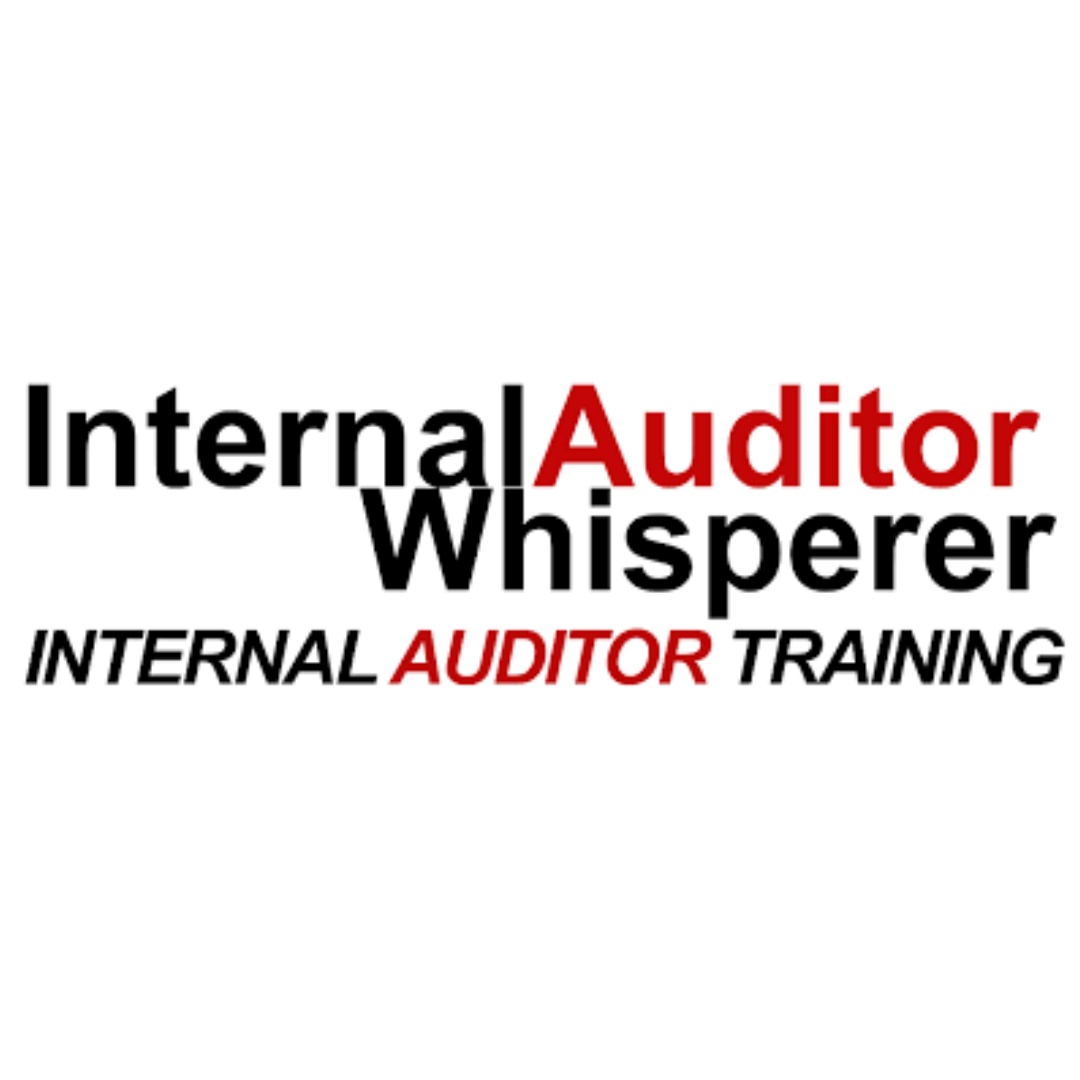In today's dynamic business landscape, where risks are ever-evolving, internal audit training stands as a beacon of assurance for organizations seeking to navigate the complexities of compliance, governance, and operational efficiency. Internal auditors are the guardians of integrity within companies, tasked with evaluating and enhancing internal controls while providing valuable insights to management. Whether you're an aspiring auditor or a seasoned professional looking to sharpen your skills, this comprehensive guide to internal audit training will equip you with the knowledge and tools necessary to excel in this critical role.
Understanding the Role of Internal Audit
Before delving into the intricacies of internal audit training, it's essential to grasp the fundamental role of internal audit within an organization. Internal audit functions as an independent, objective assurance and consulting activity designed to add value and improve an organization's operations. Internal auditors assess the effectiveness of risk management processes, internal controls, and governance structures, thereby helping businesses achieve their objectives while mitigating potential risks.
Core Competencies for Internal Auditors
Effective internal auditors possess a diverse skill set that encompasses technical expertise, critical thinking, communication prowess, and ethical integrity. Here are some core competencies essential for aspiring internal auditors:
-
Technical Proficiency: Internal auditors must possess a strong understanding of accounting principles, financial analysis, risk management methodologies, and relevant regulatory requirements.
-
Analytical Skills: The ability to analyze complex data, identify patterns, and draw meaningful conclusions is paramount for internal auditors to assess risks and provide actionable recommendations.
-
Communication Abilities: Internal auditors must communicate their findings clearly and concisely to diverse stakeholders, including senior management and audit committees. Effective written and verbal communication skills are indispensable in this regard.
-
Ethical Conduct: Upholding the highest standards of ethical conduct is non-negotiable for internal auditors. Integrity, objectivity, and confidentiality are the cornerstones of the profession.
-
Problem-Solving Aptitude: Internal auditors encounter diverse challenges during their engagements. The ability to think critically, adapt to changing circumstances, and devise innovative solutions is crucial for success.
Structured Internal Audit Training Programs
Numerous avenues exist for individuals seeking formal internal audit training. These include:
-
Certification Programs: Professional certifications such as the Certified Internal Auditor (CIA), Certified Information Systems Auditor (CISA), and Certified Fraud Examiner (CFE) are highly regarded within the internal audit profession. These certifications validate an auditor's expertise and enhance their credibility in the field.
-
In-House Training: Many organizations offer in-house training programs tailored to their specific industry, operations, and regulatory environment. These programs often cover topics such as risk assessment methodologies, audit planning, interviewing techniques, and report writing.
-
External Workshops and Seminars: External training providers frequently conduct workshops, seminars, and conferences focusing on various aspects of internal audit. These events offer valuable networking opportunities and enable auditors to stay abreast of emerging trends and best practices in the profession.
-
Online Courses: With the proliferation of online learning platforms, aspiring auditors can access a wealth of internal audit training materials conveniently from anywhere in the world. These courses cover a wide range of topics, from basic auditing principles to advanced audit techniques.
Key Components of Internal Audit Training
Effective internal audit training programs typically encompass the following key components:
-
Audit Methodologies: Training should familiarize participants with different audit methodologies, including risk-based auditing, compliance auditing, and performance auditing. Understanding the principles underlying each methodology enables auditors to tailor their approach to specific audit engagements.
-
Risk Assessment Techniques: Auditors must develop proficiency in identifying, assessing, and prioritizing risks within an organization. Training should cover various risk assessment techniques, such as interviews, document reviews, and data analysis.
-
Internal Control Evaluation: Internal auditors evaluate the design and operating effectiveness of internal controls to mitigate risks and achieve business objectives. Training should provide auditors with the tools and techniques necessary to assess control environments across different business processes.
-
Audit Documentation: Comprehensive and well-organized audit documentation is essential for ensuring the quality and integrity of audit work. Training should emphasize the importance of clear, concise, and standardized documentation practices.
-
Communication and Reporting: Internal auditors must effectively communicate their findings and recommendations to stakeholders through audit reports and presentations. Training should focus on developing communication skills and structuring reports that resonate with diverse audiences.
Continuous Professional Development
Internal audit is a dynamic field that continuously evolves in response to changing business environments, regulatory requirements, and technological advancements. As such, ongoing professional development is vital for internal auditors to stay relevant and effective in their roles. Continuous learning opportunities, participation in industry forums, and pursuit of advanced certifications are integral components of a robust professional development strategy.
Conclusion
Internal audit training is instrumental in equipping auditors with the knowledge, skills, and competencies necessary to fulfill their roles effectively. By investing in comprehensive training programs and embracing a culture of continuous learning, organizations can cultivate a cadre of internal auditors capable of safeguarding their interests, enhancing operational efficiency, and driving sustainable growth. Aspiring auditors who embark on this journey of learning and self-improvement position themselves for success in a challenging yet rewarding profession.


No comments yet